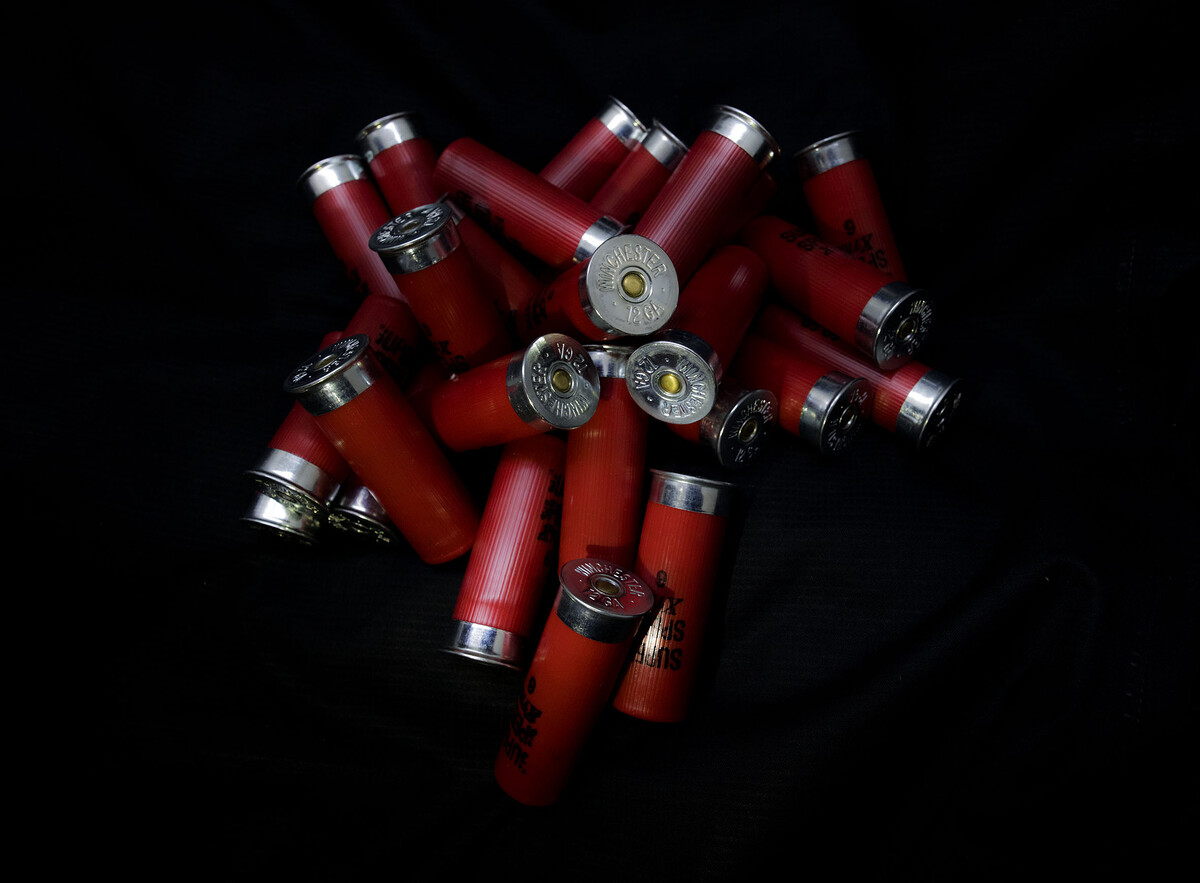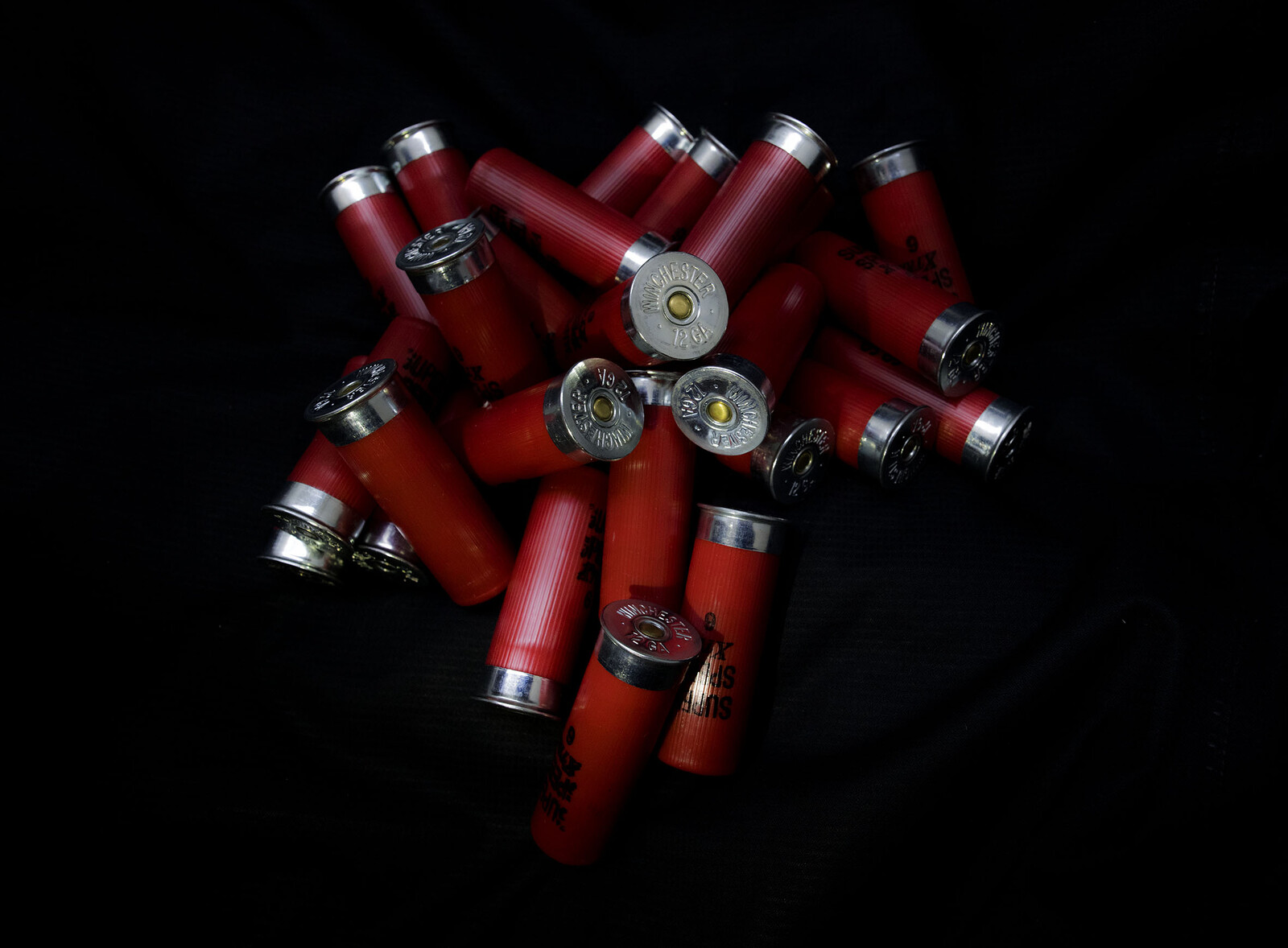El asesinato cambia el mundo / Assassination changes the world
January 10–March 1, 2020
James Cohan is pleased to present El asesinato cambia el mundo / Assassination changes the world, an exhibition of new work by Teresa Margolles, on view from January 10 to March 1 at 48 Walker Street. This is the artist’s debut solo exhibition at James Cohan.
Teresa Margolles investigates the social and aesthetic dimensions of conflict by infusing artwork with material traces of violence and loss. For this exhibition, she has created a new body of sculpture, photography, and installation that contends with the underlying causes of death and ongoing trauma on both sides of the Mexico-US border. Assembled in collaboration with communities affected by violence, the objects on view examine shared experience to underscore mutual accountability within a context of commemoration and collective mourning.
Central to the exhibition is El manto negro / The black shroud, a large-scale installation comprised of burnished ceramic pieces hand-made by artisans in Mata Ortiz, Mexico. Known for its production of ceramic pots, Mata Ortiz is located south of the Paquimé archaeological zone in Casas Grandes, at the foothills of an area now controlled by cartels. The village and its ceramicists have suffered greatly from the escalating violence in the region. Over the course of 18 months, Margolles collaborated with a group of artisans to produce thousands of square-shaped ceramic forms, each representing a victim. Sourced from deposits at the base of this mountainous zone, the clay pieces were darkened with a traditional firing technique using smoke from burning cow manure, and then hand-burnished with a stone to an almost glass-like finish. For Margolles, the resulting charcoal hue “speaks of an experience of mourning for people killed in violent acts, both in Mexico and the United States—and a correlation of responsibility. The wall becomes a unifying black shroud that covers both countries.”
To create the series entitled El Brillo, shards of glass collected from sites where violent acts occurred were hand-embroidered into high-fashion garments by New York-based designers. Containing fragments stitched into fine velvet, each piece is embellished with a tangible outcome of violence wrought by the US-manufactured arms and munitions that proliferate on the border. Two concrete benches within the main gallery space, entitled Dos bancos, are made from a mixture of cement and material absorbed from the ground where a person was shot dead in Ciudad Juárez, Mexico. The work’s composition is inseparable from the site of homicide, and its broader context within a city whose economic proximity to the US has ushered in decades of conflict due to organized crime and unsanctioned, transnational political exercises. The work invites a deeper relationship with the mortal consequence of the military industrial complex and marginality reinforced by global economic policy, calling upon the viewer to bear witness to suffering otherwise rendered incomprehensible.
Teresa Margolles (b. 1963, Culiacán, Sinaloa, Mexico) has exhibited extensively for more than two decades, both in Latin America and abroad. In 2019, she received a special jury mention for her work at the 58th Venice Biennale. Recent solo exhibitions include En la Herida, Kunsthalle Krems, Austria (2019); Te alineas o te alineamos (You fall in line or they put you in line), BPS22 Musée d’art de la Province de Hainaut, Charleroi, Belgium (2019); La Carne Muerta Nunca Se Abriga, Museo de la Solidaridad, Santiago, Chile (2019); Estorbo, Museo de Arte Moderno de Bogotá, Colombia (2019); A new work by Teresa Margolles, Witte de With, Rotterdam, Netherlands (2018); Ya Basta Hijos de Puta, PAC Padiglione d’Arte Contemporanea, Milan, Italy (2018); and Mundos, Musée d’Art Contemporain de Montréal, Canada (2017). Margolles has been the recipient of numerous awards, including the Artes Mundi Prize and Prince Claus Award for Culture and Development in 2012. She represented Mexico at the 53rd Venice Biennale in 2009 with What Else Could We Talk About?.
Please contact David Norr at dnorr [at] jamescohan.com or T 212 714 9500 with inquiries regarding Teresa Margolles.
Please contact Sarah Stengel at sstengel [at] jamescohan.com or T 212 714 9500 with press inquiries.



